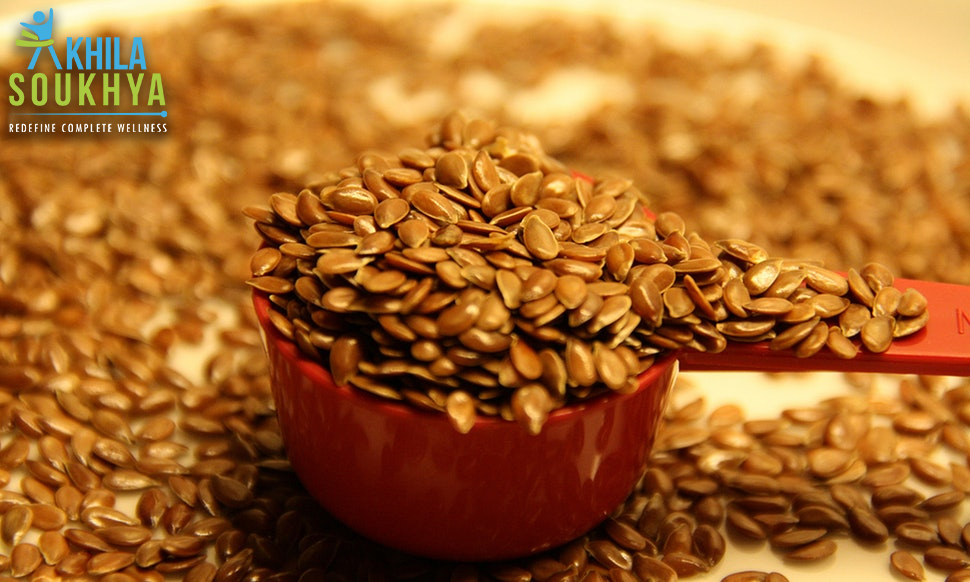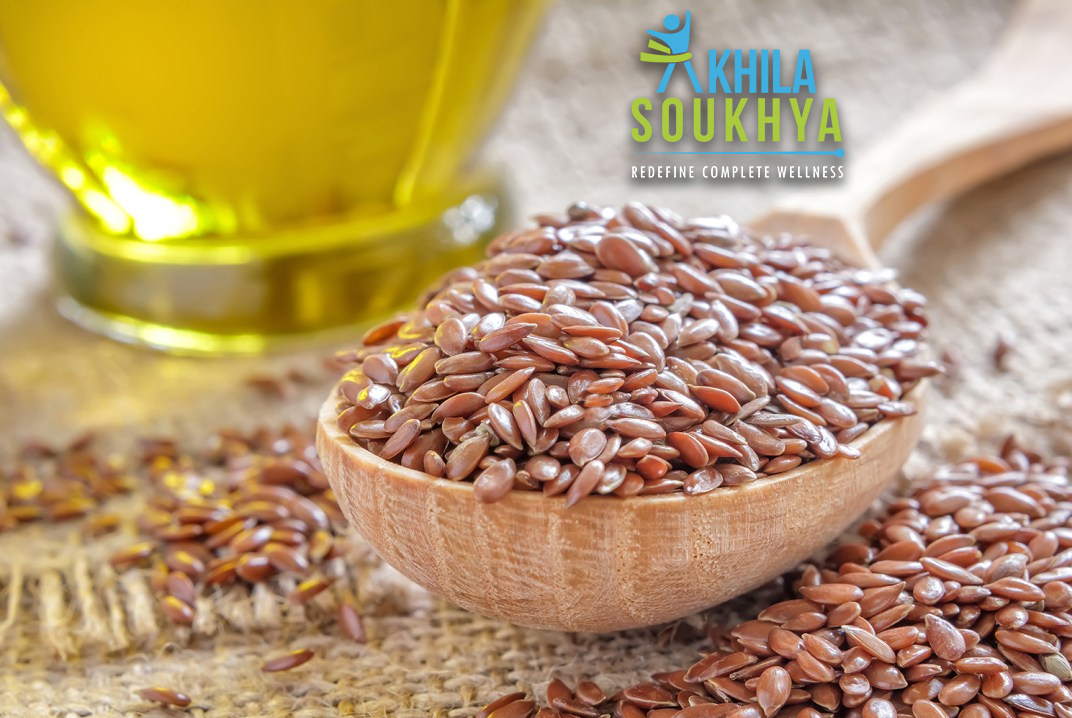Is flax seed the new wonder food?
Some call it one of the most powerful plant foods on the planet. There’s some evidence it may help reduce your risk of heart disease, cancer, stroke, and diabetes. That’s quite a tall order for a tiny seed that’s been around for centuries.
Flax seed was cultivated in Babylon as early as 3000 BC. In the 8th century, King Charlemagne believed so strongly in the health benefits of flax seed that he passed laws requiring his subjects to consume it. Quite interesting. curious to know more about this tiny tot. here you are

Nutrition:
- Flax seeds contain 534 calories per 100 grams, corresponding to 55 calories for each tablespoon of whole seeds (10 grams).
- They consist of 42% fat, 29% carbs and 18% protein.
- The net digestible carbs are only 1.5 grams for every 100 grams of seeds, making flax seeds a low-crab friendly food. Two tablespoons of flax seeds provide about six grams of fiber. This is roughly 15–25% of the daily recommended intake for men and women, respectively Soluble fiber helps regulate blood sugar and cholesterol levels. It also promotes digestive health by feeding the beneficial bacteria in the digestive system When mixed with water, the mucilage gums in flax seeds become very thick. This, combined with the insoluble fiber content, makes flax seeds a natural laxative.
- Consuming flax seeds can help promote regularity, prevent constipation and reduce the risk of diabetes. However, flax seeds are also high in arginine and glut-amine. Both of these are important in preventing heart disease and supporting the immune system
- Flax seed proteins may be useful against fungal infections, high blood pressure, high cholesterol, type 2 diabetes and inflammation Because of their high content of omega-3 fatty acids, flax seeds promote a lower ratio of omega-6 to omega-3. A lower ratio of omega-6 to omega-3 fatty acids may significantly reduce the risk of various chronic diseases
- There is one variety that is not as nutritious as regular flax seed, a yellow flax called “solin.” It has a very different oil profile and is low in omega-3 fatty acids

Vitamins and minerals:
- Vitamin B1: This B-vitamin is also known as thiamine. Vitamin B1 is essential for normal metabolism and nerve function.
- Copper: An essential mineral that is important for growth, development and various functions in the body
- Molybdenum: Flax seeds are rich in molybdenum. This essential trace mineral is found in seeds, grains and legumes
- Magnesium: An important mineral that has many important functions in the body. It is found in high amounts in grains, seeds, nuts and green leafy vegetables
- Phosphorus: This mineral contributes to bone health and tissue maintenance, and is usually found in protein-rich foods
Phytoestrogens also help lower blood pressure and reduce oxidative stress and inflammation in the arteries
Lignans are fermented by bacteria in the digestive system and may reduce the growth of several cancers, especially hormone-sensitive cancers such as breast, uterus and prostate cancers
Flax seed oil is a source of polyunsaturated fatty acids such as alpha-linolenic acid. The alpha-linolenic acid and related chemicals in flax seed oil seem to decrease inflammation. That is why flax seed oil is thought to be useful for rheumatoid arthritis and other inflammatory (swelling) diseases.

